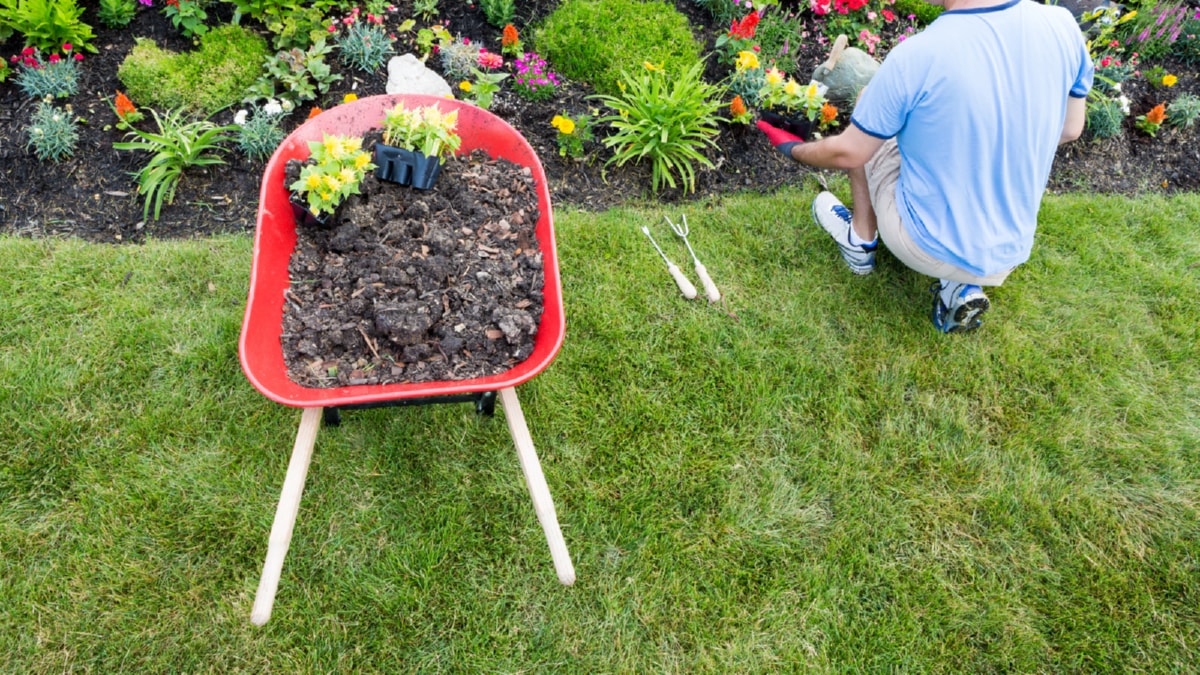The construction industry has been witnessing a transformative shift in recent years, leaning towards sustainable and eco-friendly building practices. This transformation is not only driven by the pressing need to mitigate the environmental impacts of construction activities but also by the escalating demand for green buildings from environmentally conscious consumers. Here, we delve into the emerging trends that are shaping the future of sustainable construction.
Firstly, the use of sustainable building materials is on the rise. Conventional construction materials such as concrete and steel are now being replaced with eco-friendly alternatives like bamboo, recycled plastic, and even mycelium, a type of fungus. These materials not only reduce the carbon footprint of construction activities but also enhance the overall sustainability of the building. Moreover, several companies are investing in the research and development of such materials, paving the way for more innovative and sustainable construction solutions.
Secondly, energy-efficient designs have become an integral part of modern construction practices. Passive design strategies that maximize the use of natural light and ventilation, combined with the integration of renewable energy systems such as solar panels and wind turbines, are becoming increasingly popular. These designs not only reduce the energy consumption of buildings but also contribute to a significant reduction in greenhouse gas emissions.
The third trend is the incorporation of green spaces into construction designs. From vertical gardens and green roofs to the development of urban farms, the integration of green spaces into buildings is becoming a standard practice. These green spaces not only improve the aesthetic appeal of buildings but also enhance air quality and biodiversity, contributing to the overall sustainability of urban ecosystems.
Another noteworthy trend is the adoption of construction waste management strategies. Construction activities generate a significant amount of waste, which can have detrimental impacts on the environment if not properly managed. Thus, many construction companies are now implementing waste management strategies that involve recycling and reusing construction waste, thereby minimizing the environmental impacts of their operations.
Lastly, the use of digital technologies in sustainable construction is gaining momentum. From Building Information Modeling (BIM) that enables efficient resource planning to smart home technologies that optimize energy usage, digital technologies are playing a crucial role in promoting sustainable construction practices.
To sum up, the construction industry is undergoing a green revolution, with a growing emphasis on sustainable and eco-friendly building practices. The use of sustainable materials, energy-efficient designs, green spaces, waste management strategies, and digital technologies are some of the key trends shaping the future of construction. These trends not only highlight the industry’s commitment to environmental sustainability but also underscore the potential of sustainable construction in shaping a more sustainable future.
For more details, check best masonry services or visit their business listing here.



